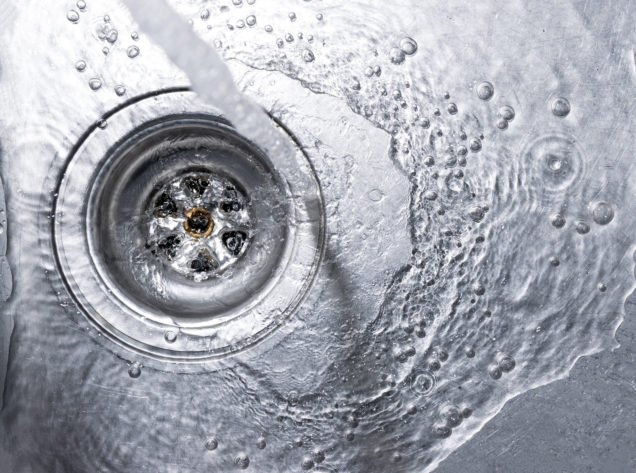Unclog a Kitchen Sink Drain
Dealing with a sluggish kitchen sink drain can be frustrating, especially when you're in the middle of washing dishes or preparing a meal. But before you call a plumber and spend money on expensive repairs, try these DIY solutions to unclog your kitchen sink drain.
How to Fix a Slow-Draining Kitchen Sink
A slow-draining kitchen sink is a common issue that can be caused by a variety of factors. The first step in fixing a slow-draining sink is to identify the cause. It could be a buildup of food particles, grease, or even a foreign object lodged in the drain. Once you have determined the cause, you can try one of the following solutions to fix your slow-draining kitchen sink.
DIY Solutions for a Slow-Draining Sink
If your kitchen sink is draining slowly, there are several DIY solutions you can try before calling a professional. One of the most effective methods is to use a plunger. Place the plunger over the drain and create a seal by running water over it. Then, push and pull the plunger several times to dislodge any debris or blockages. You can also try using a drain snake or a homemade mixture of baking soda and vinegar to break up any clogs.
Common Causes of a Sluggish Kitchen Sink Drain
Understanding the common causes of a sluggish kitchen sink drain can help you prevent future issues. Some of the most common causes include food particles, grease buildup, and foreign objects such as utensils or small toys. Make sure to properly dispose of food scraps and avoid pouring grease down the drain to prevent clogs.
How to Clear a Clogged Kitchen Sink Drain
If your kitchen sink drain is completely clogged, you may need to take more drastic measures to clear it. One method is to use a drain auger or snake to physically break up the clog. You can also try using a chemical drain cleaner, but be sure to follow the instructions carefully and use protective gear.
Tips for Maintaining a Fast-Draining Kitchen Sink
Prevention is key when it comes to maintaining a fast-draining kitchen sink. Along with proper disposal of food scraps and avoiding pouring grease down the drain, there are a few other tips you can follow. Regularly pouring boiling water down the drain can help break up any buildup and using a mesh strainer can catch food particles before they go down the drain.
Using Baking Soda and Vinegar to Unclog a Kitchen Sink Drain
If you prefer a more natural approach to unclogging your kitchen sink drain, try using baking soda and vinegar. Mix equal parts of both and pour it down the drain. Let it sit for a few minutes before pouring boiling water down the drain. This combination can help break down any buildup and unclog your drain.
Professional Drain Cleaning Services for a Slow Kitchen Sink
If all else fails, or if you're dealing with a recurring issue, it may be time to call in the professionals. Drain cleaning services have specialized tools and techniques to effectively clean and unclog your kitchen sink drain. They can also provide tips for preventing future clogs.
Preventing a Slow-Draining Kitchen Sink in the Future
Once you have successfully unclogged your kitchen sink drain, it's important to take steps to prevent future issues. This includes regularly cleaning your sink and drain, being mindful of what you put down the drain, and using a drain cover or mesh strainer to catch any debris.
Signs That Your Kitchen Sink Drain Needs to be Cleaned
It's important to pay attention to any signs that your kitchen sink drain may need to be cleaned. These signs include a foul odor coming from the drain, water draining slowly, or water backing up in the sink. If you notice any of these signs, it's best to address them early on before they become bigger issues.
Signs of a Sluggish Kitchen Sink Drain
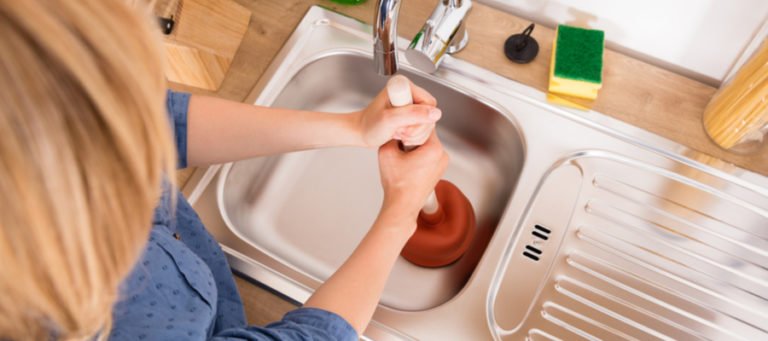
Causes of a Clogged Kitchen Sink Drain
 A kitchen sink is an essential feature in every household, used for preparing meals, washing dishes, and disposing of food waste. However, a clogged kitchen sink drain can cause frustration and inconvenience in the daily routine of a household. There are several reasons why a kitchen sink drain may become sluggish and clogged, including:
Dirt and Debris:
Over time, food particles, grease, and other debris can build up in the drain, causing it to become clogged and slow draining.
Old or Damaged Pipes:
Pipes that are old or damaged can become corroded, leading to blockages in the drain.
Incorrect Garbage Disposal Usage:
Improper use of a garbage disposal, such as putting non-food items down the drain, can cause clogs and slow draining.
Hard Water:
Hard water can leave mineral deposits in the pipes, reducing the flow of water and causing clogs.
A kitchen sink is an essential feature in every household, used for preparing meals, washing dishes, and disposing of food waste. However, a clogged kitchen sink drain can cause frustration and inconvenience in the daily routine of a household. There are several reasons why a kitchen sink drain may become sluggish and clogged, including:
Dirt and Debris:
Over time, food particles, grease, and other debris can build up in the drain, causing it to become clogged and slow draining.
Old or Damaged Pipes:
Pipes that are old or damaged can become corroded, leading to blockages in the drain.
Incorrect Garbage Disposal Usage:
Improper use of a garbage disposal, such as putting non-food items down the drain, can cause clogs and slow draining.
Hard Water:
Hard water can leave mineral deposits in the pipes, reducing the flow of water and causing clogs.
Effects of a Sluggish Kitchen Sink Drain
 A sluggish kitchen sink drain not only causes inconvenience, but it can also lead to more significant problems if left untreated. Some of the effects of a clogged kitchen sink drain include:
Unpleasant Odors:
As food particles and other debris sit in the drain, they can start to emit foul odors, making the kitchen smell unpleasant.
Potential Health Hazards:
Standing water in a clogged drain can become a breeding ground for bacteria and other harmful pathogens, posing a health risk to those in the household.
Water Damage:
A clogged kitchen sink can cause water to back up and overflow onto the countertops and floor, potentially causing water damage to cabinets, floors, and other nearby areas.
A sluggish kitchen sink drain not only causes inconvenience, but it can also lead to more significant problems if left untreated. Some of the effects of a clogged kitchen sink drain include:
Unpleasant Odors:
As food particles and other debris sit in the drain, they can start to emit foul odors, making the kitchen smell unpleasant.
Potential Health Hazards:
Standing water in a clogged drain can become a breeding ground for bacteria and other harmful pathogens, posing a health risk to those in the household.
Water Damage:
A clogged kitchen sink can cause water to back up and overflow onto the countertops and floor, potentially causing water damage to cabinets, floors, and other nearby areas.
Preventing a Sluggish Kitchen Sink Drain
 The best way to avoid a sluggish kitchen sink drain is through regular maintenance and proper usage. Here are some tips for preventing clogs and keeping your sink drain running smoothly:
Proper Garbage Disposal Usage:
Avoid putting non-food items, grease, and large food scraps down the garbage disposal to prevent clogs.
Regular Cleaning:
Routinely clean your sink and drain with a mixture of hot water and vinegar to break down any buildup and prevent clogs.
Use Drain Strainers:
Place a strainer in your sink drain to catch food particles and debris, preventing them from going down the drain.
Professional Drain Cleaning:
If you notice slow draining or foul odors, it may be time to call a professional plumber for a thorough drain cleaning.
In conclusion, a sluggish kitchen sink drain is a common household problem that can cause inconvenience and potential health hazards. By understanding the causes and effects of a clogged drain and taking preventative measures, you can keep your kitchen sink running smoothly and avoid costly repairs in the future. Remember to regularly maintain your sink and drain to ensure a clean and functional kitchen.
The best way to avoid a sluggish kitchen sink drain is through regular maintenance and proper usage. Here are some tips for preventing clogs and keeping your sink drain running smoothly:
Proper Garbage Disposal Usage:
Avoid putting non-food items, grease, and large food scraps down the garbage disposal to prevent clogs.
Regular Cleaning:
Routinely clean your sink and drain with a mixture of hot water and vinegar to break down any buildup and prevent clogs.
Use Drain Strainers:
Place a strainer in your sink drain to catch food particles and debris, preventing them from going down the drain.
Professional Drain Cleaning:
If you notice slow draining or foul odors, it may be time to call a professional plumber for a thorough drain cleaning.
In conclusion, a sluggish kitchen sink drain is a common household problem that can cause inconvenience and potential health hazards. By understanding the causes and effects of a clogged drain and taking preventative measures, you can keep your kitchen sink running smoothly and avoid costly repairs in the future. Remember to regularly maintain your sink and drain to ensure a clean and functional kitchen.




:max_bytes(150000):strip_icc()/freshen-and-unclog-drain-with-baking-soda-1900466-22-bbf940b70afa4d5abef0c54da23b1d3f.jpg)
:max_bytes(150000):strip_icc()/how-to-unclog-a-kitchen-sink-2718799_sketch_FINAL-8c5caa805a69493ab22dfb537c72a1b7.png)




























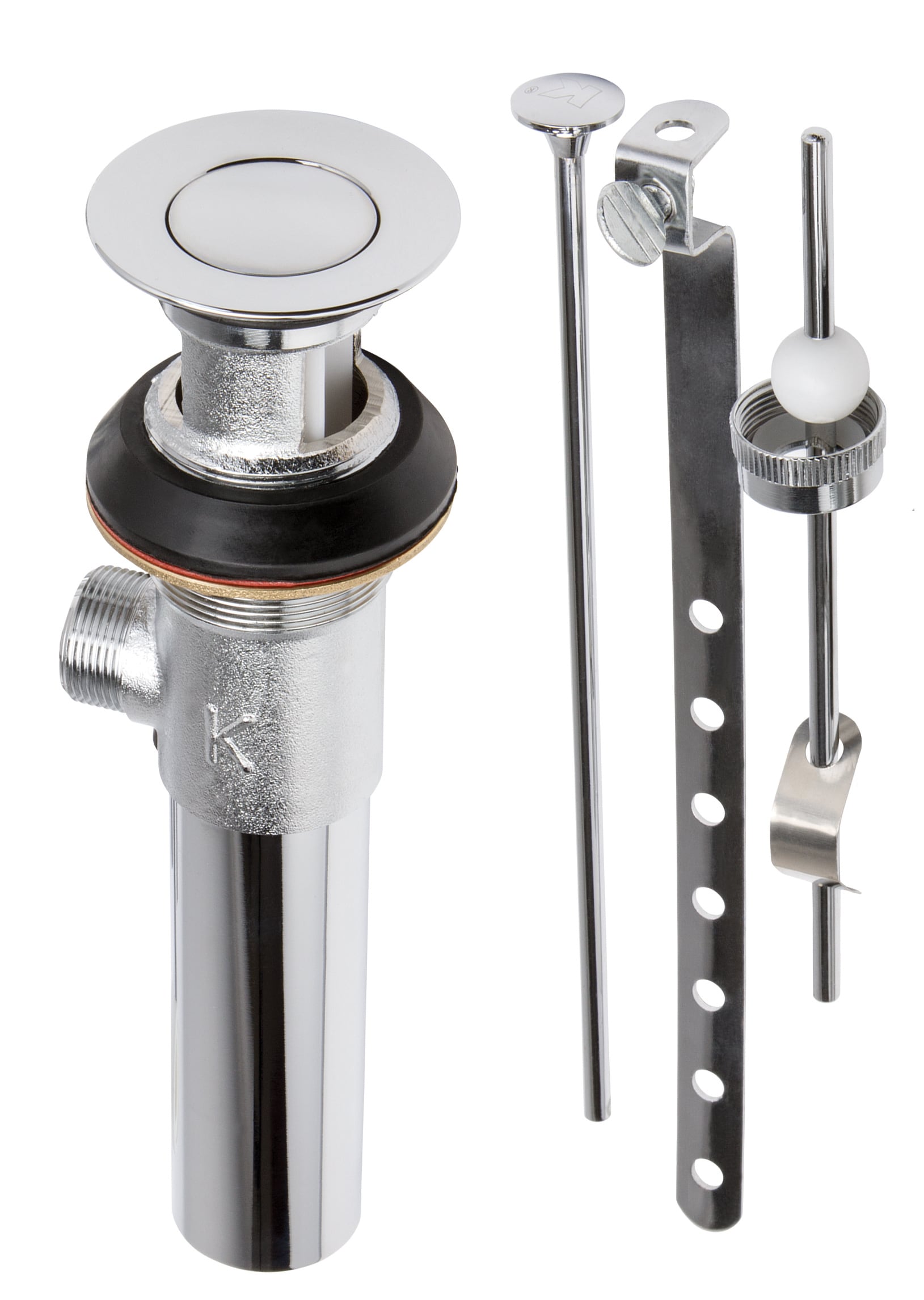


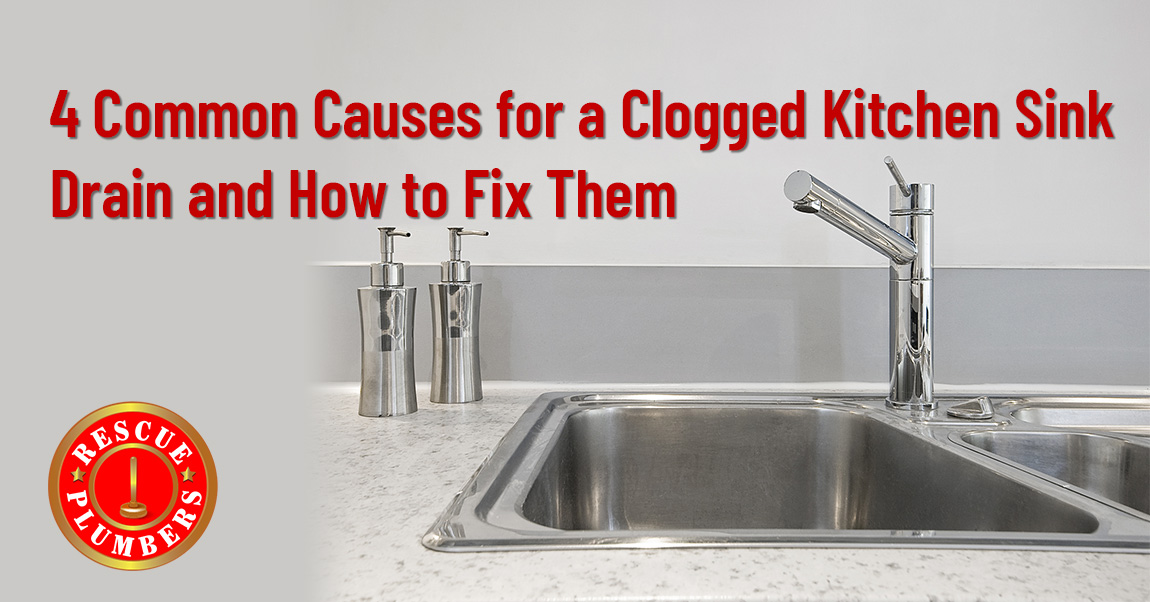

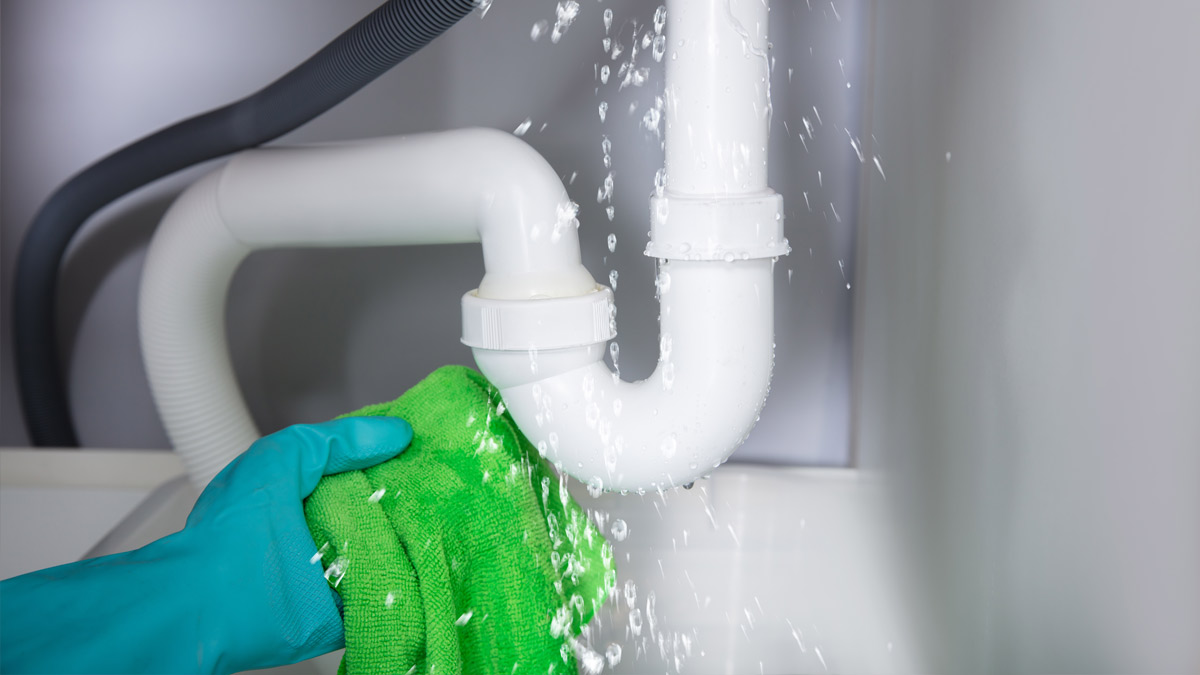

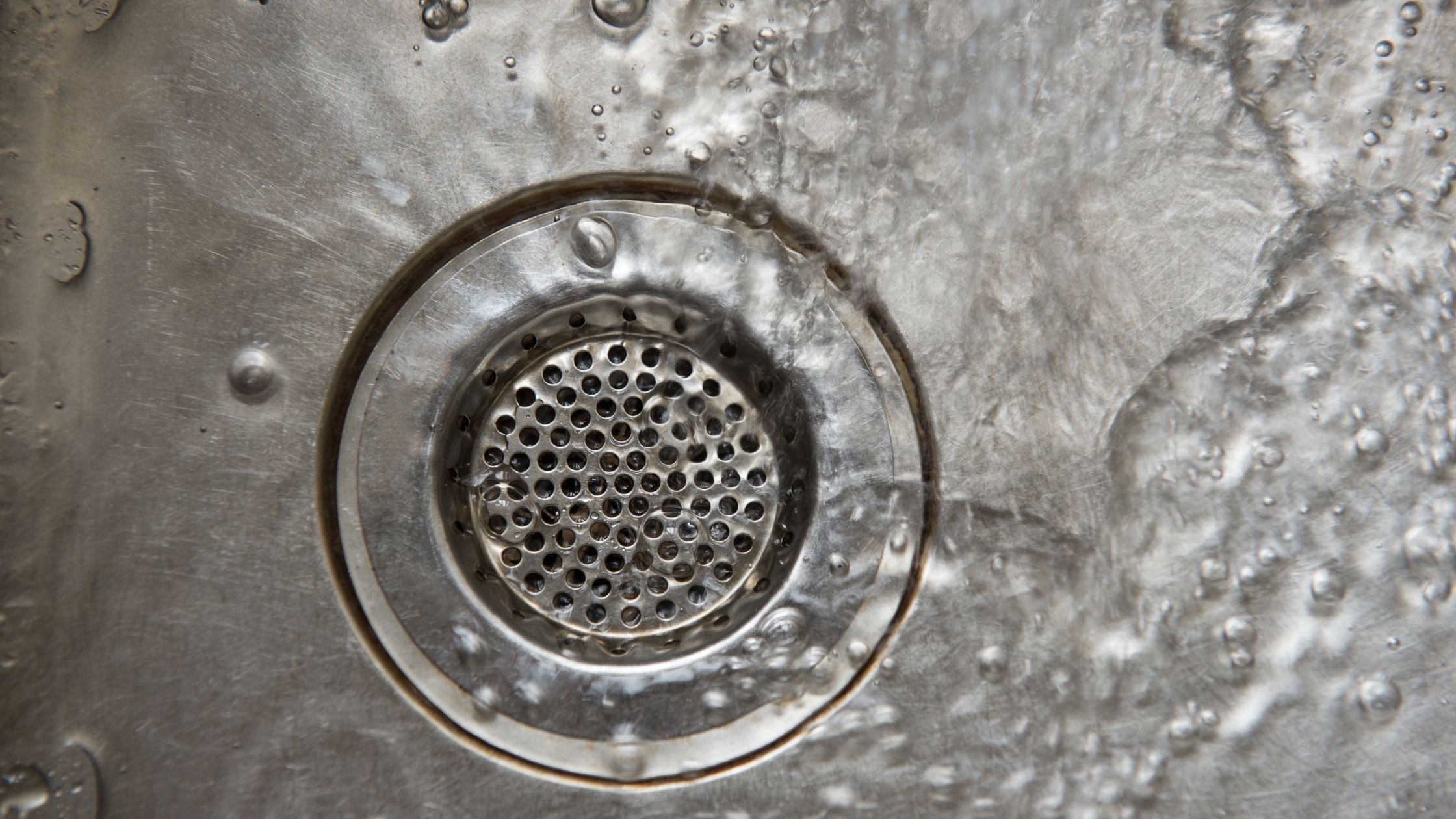
















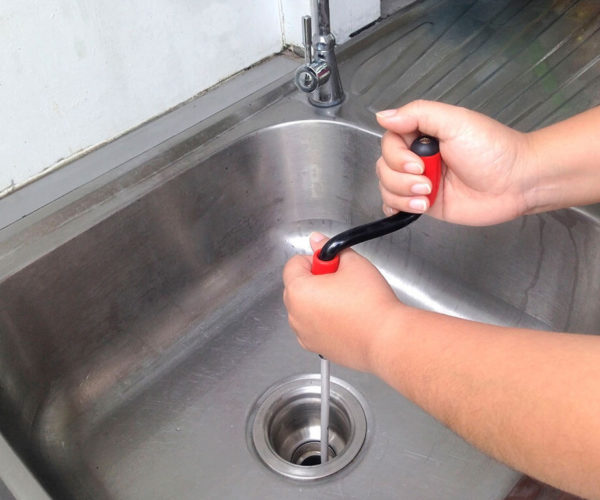

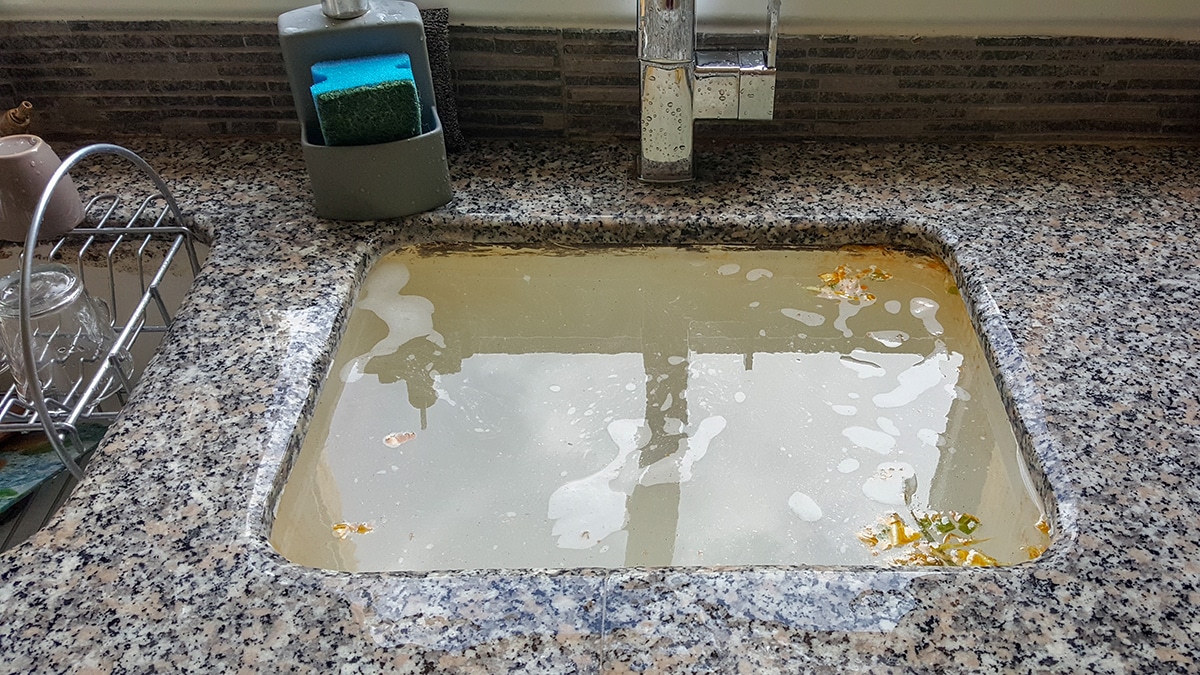




:max_bytes(150000):strip_icc()/freshen-and-unclog-drain-with-baking-soda-1900466-18-1a5b5da01939471ca8f8823865bd1ce8.jpg)
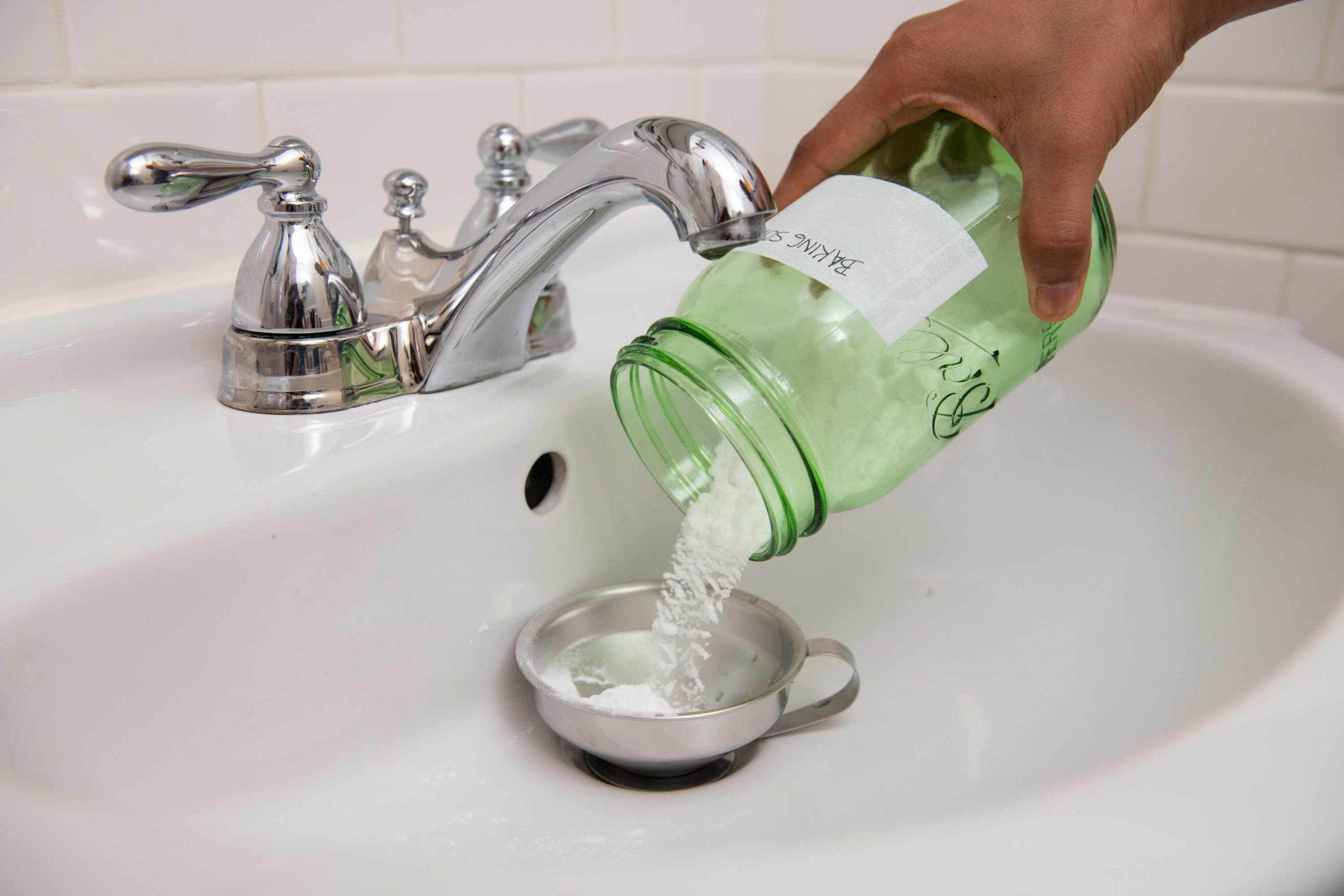





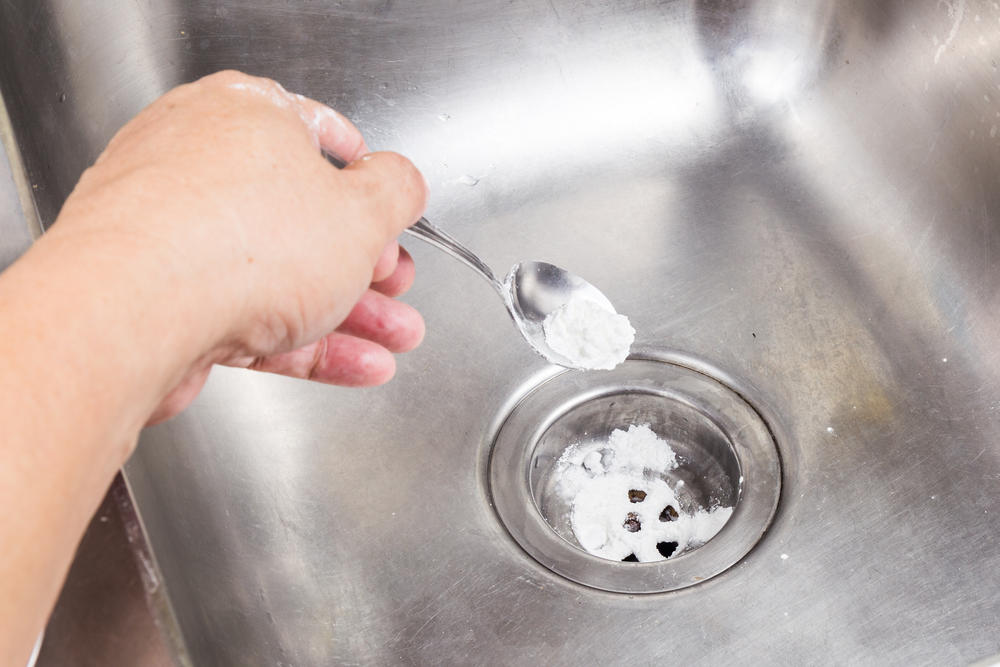

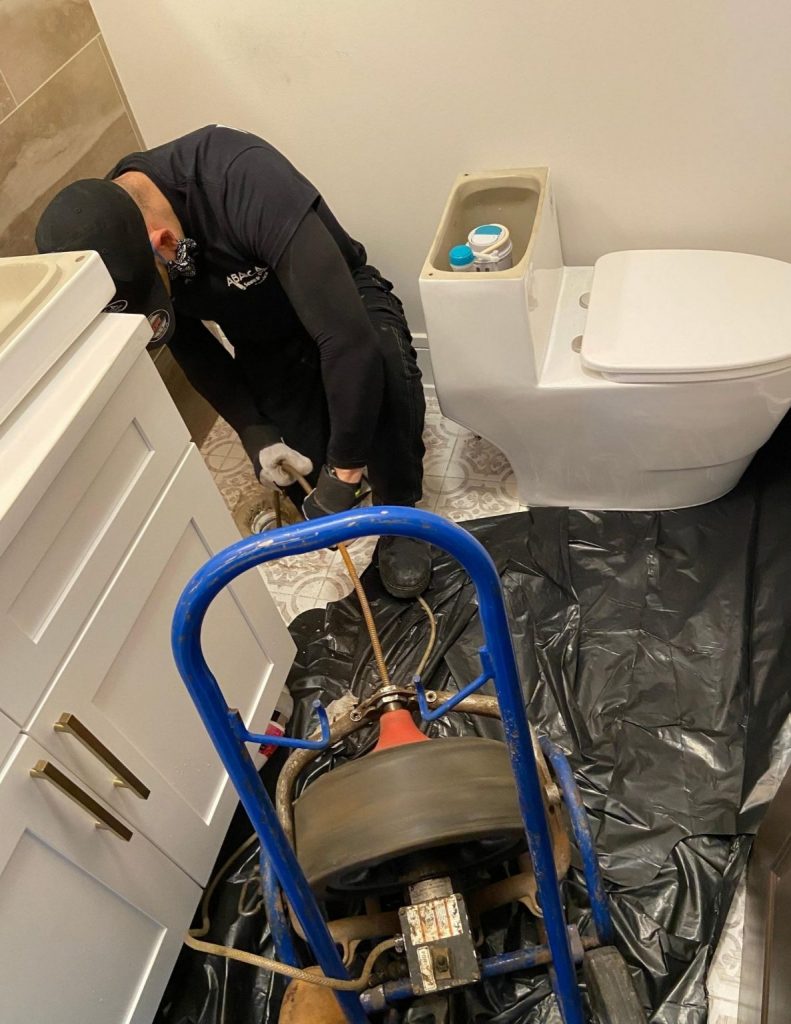

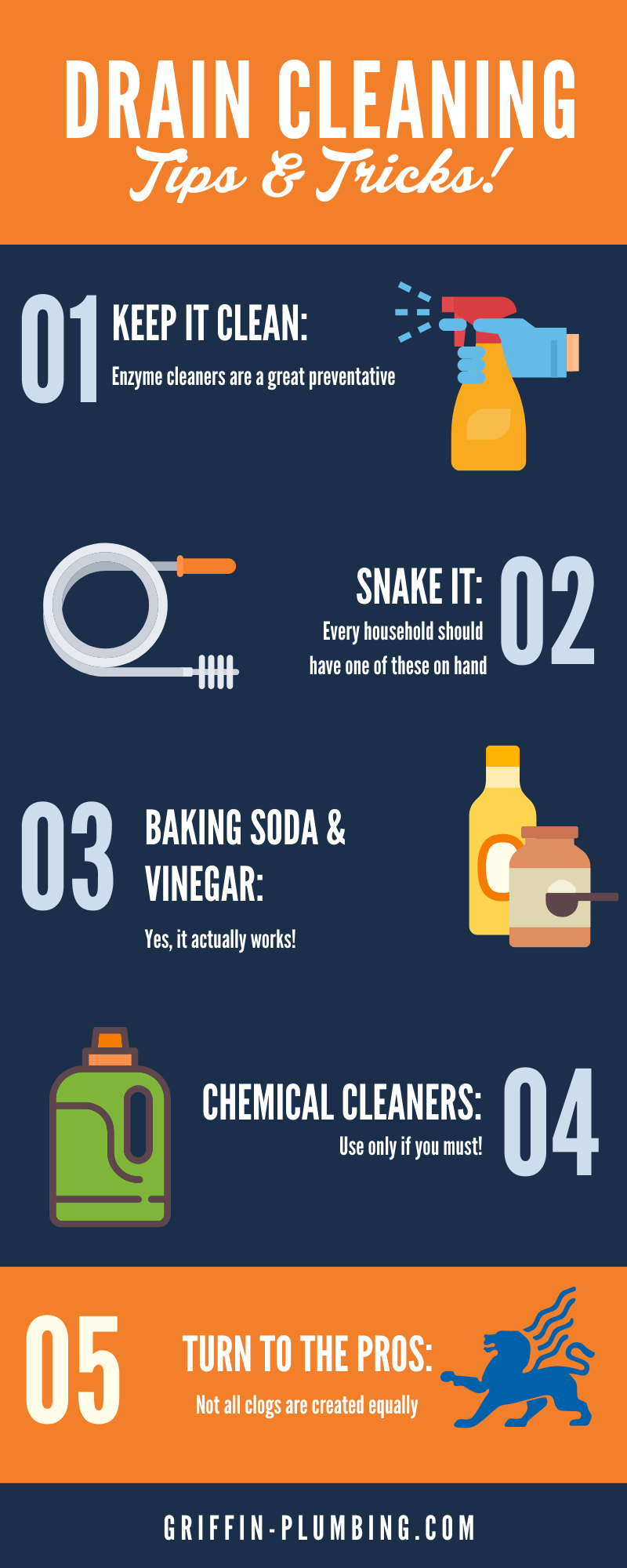

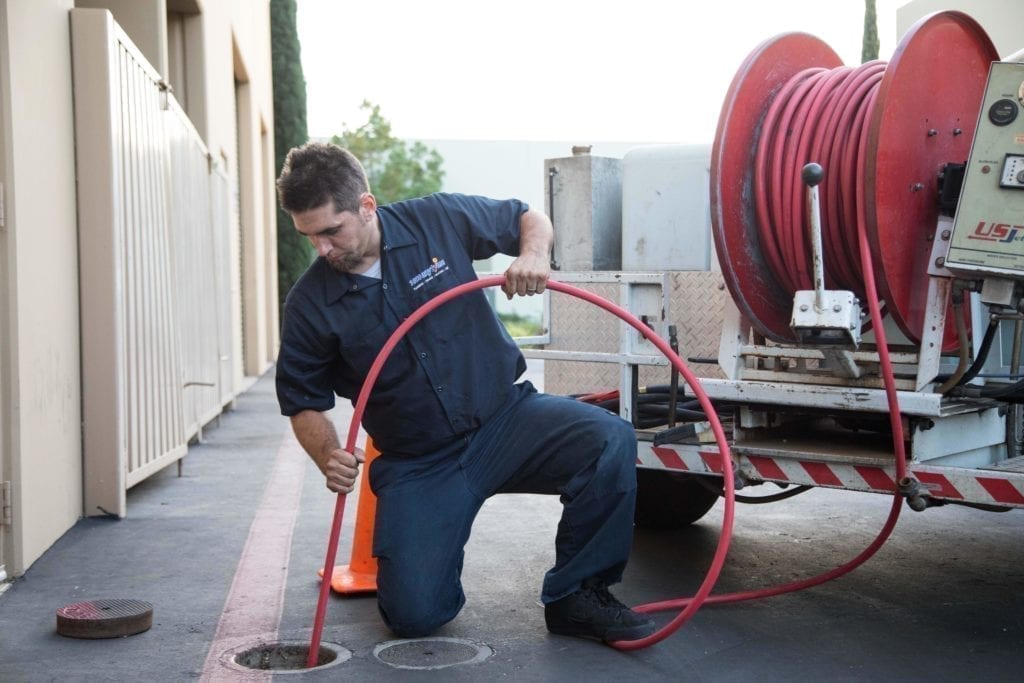
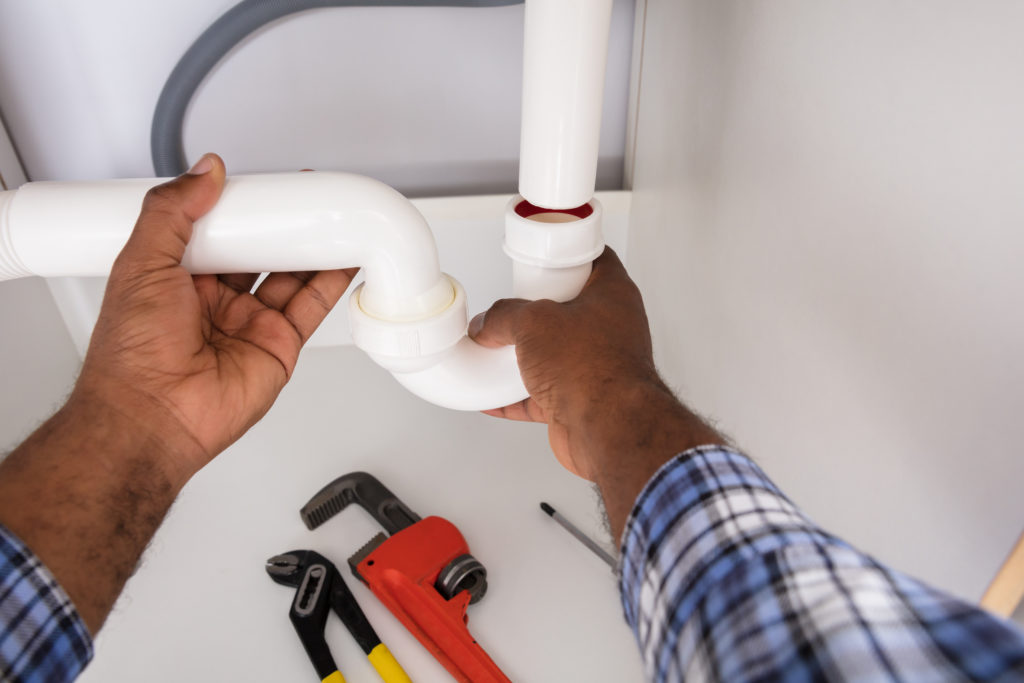
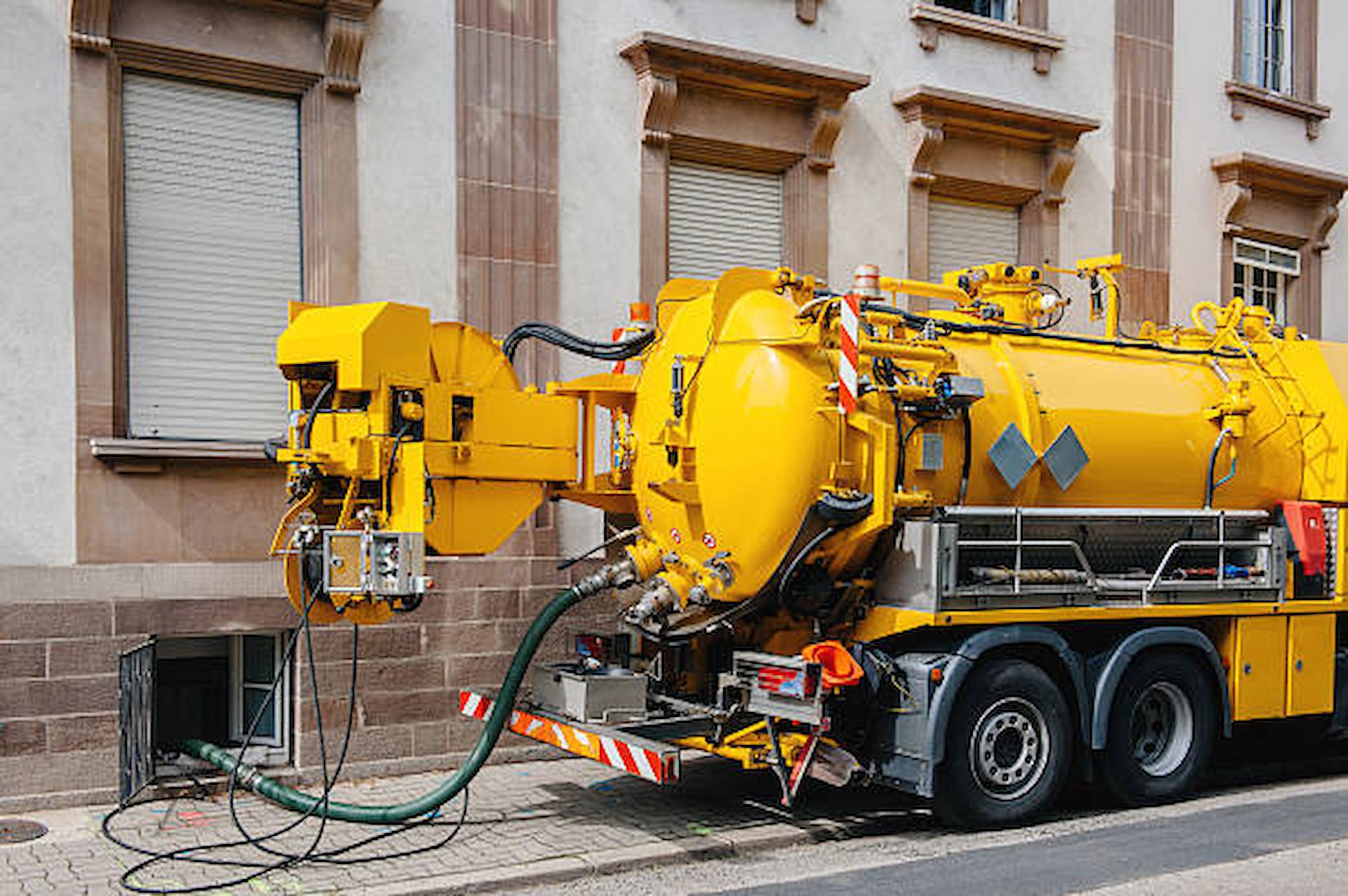


:max_bytes(150000):strip_icc()/BestDrainCleaningServices_edit-a4558e7bcba34b0781f69b27f6eb98fc.jpg)





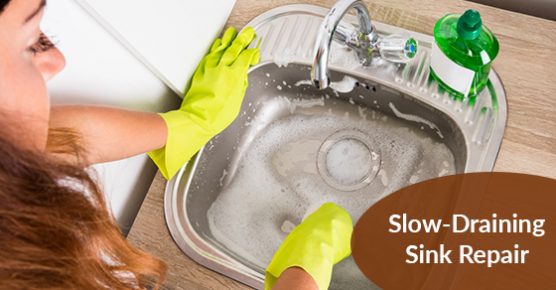
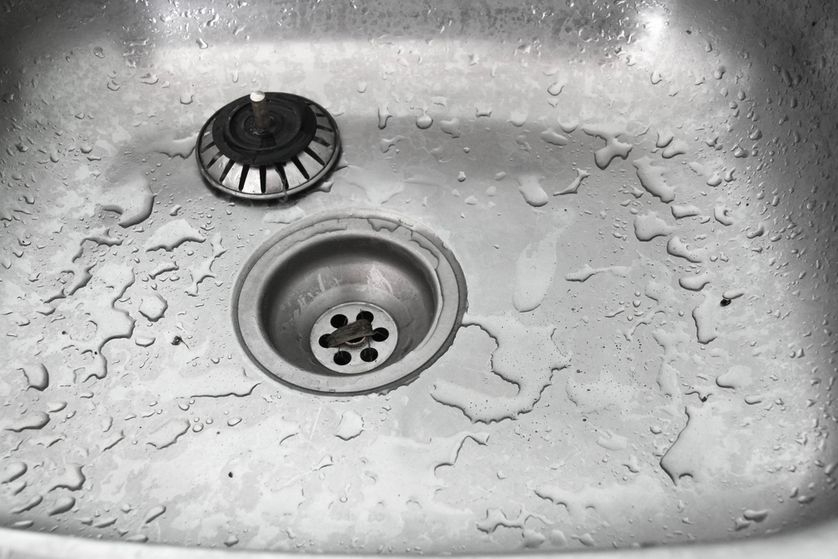


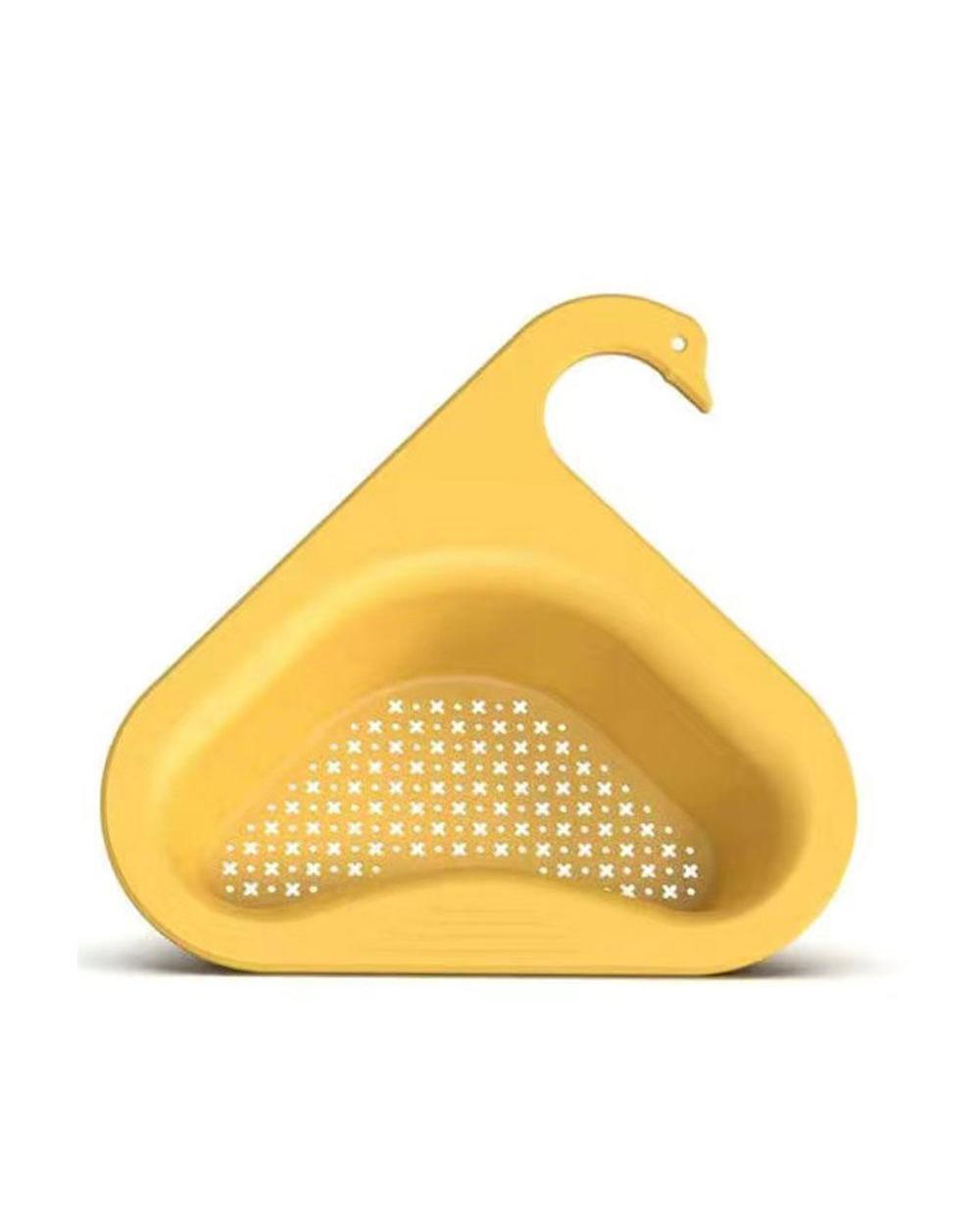


:strip_icc()/how-to-clean-a-kitchen-sink-and-drain-01-5660035-a1d8afe3894346f9a579e66c55e64b7d.jpg)


